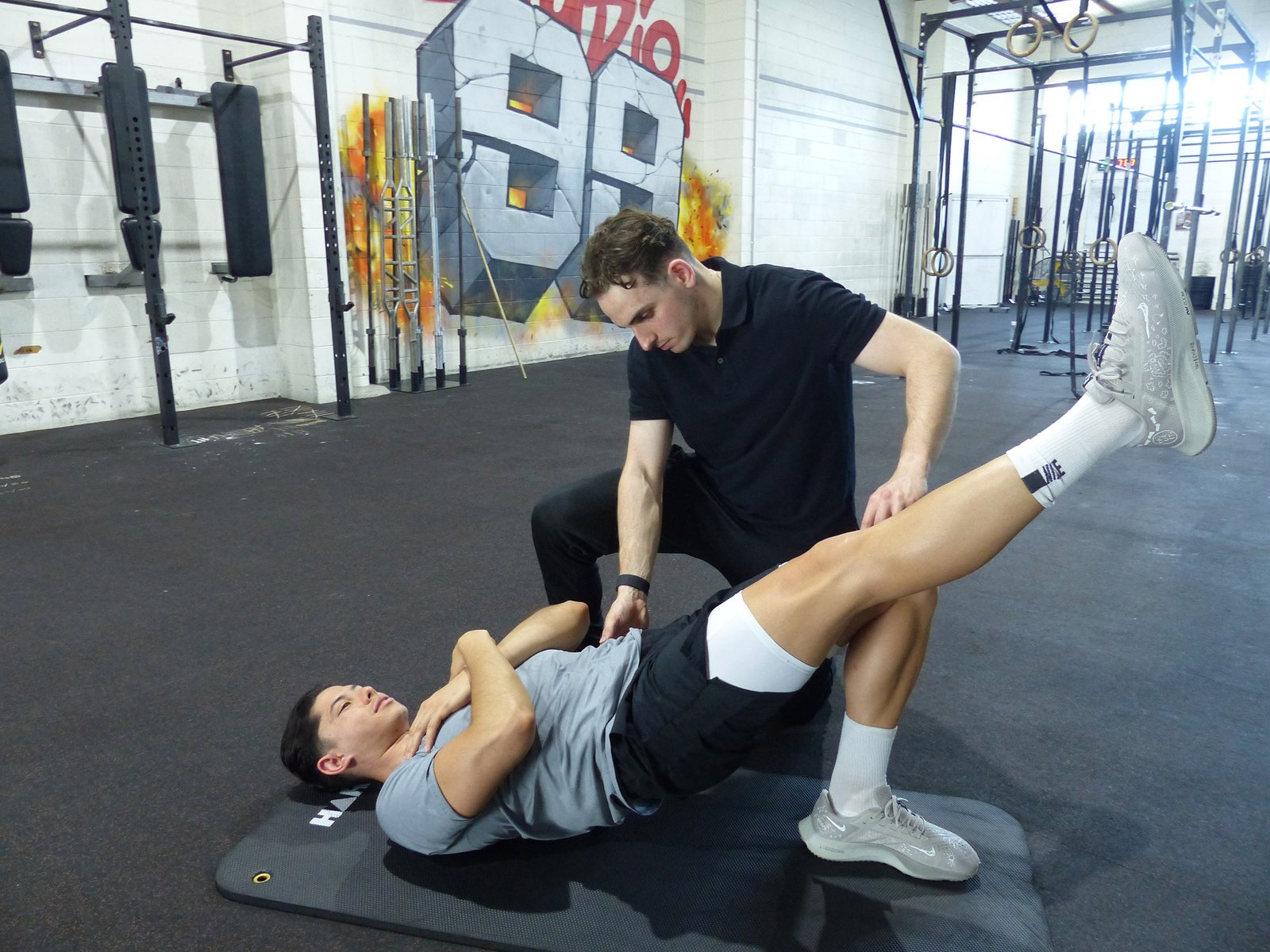The landscape of physiotherapy is undergoing a remarkable transformation, driven by advancements in technology, a deeper understanding of holistic health, and a growing emphasis on personalized care. As we step into the future, the rehabilitation revolution is set to redefine how physiotherapy services are delivered, making them more effective, accessible, and patient-centered.
Integrating Technology in Physiotherapy
One of the most significant changes in physiotherapy is the integration of technology. Tools such as telehealth platforms are making physiotherapy services more accessible than ever. Patients can now consult with physiotherapists from the comfort of their homes, receiving expert guidance and support without the barriers of travel or scheduling conflicts.Additionally, wearable technology is becoming increasingly prevalent. Devices that monitor movement, heart rate, and even muscle activity provide physiotherapists with real-time data, allowing for more accurate assessments and tailored treatment plans. This data-driven approach ensures that rehabilitation is not only personalized but also measurable.
Personalized Treatment Plans
The future of physiotherapy lies in customization. With a focus on individualized care, physiotherapists are moving away from a one-size-fits-all model. Instead, they are crafting treatment plans that consider each patient’s unique needs, goals, and circumstances.This personalized approach often involves a combination of manual therapy, exercise prescriptions, and lifestyle modifications, all tailored to optimize recovery and enhance overall well-being. By involving patients in their rehabilitation journey, physiotherapists empower them to take an active role in their recovery.
Holistic and Multidisciplinary Care
The rehabilitation revolution also emphasizes the importance of holistic health. Physiotherapy is increasingly being integrated into a multidisciplinary framework, collaborating with other healthcare professionals such as psychologists, nutritionists, and occupational therapists. This holistic approach addresses not only the physical aspects of recovery but also mental and emotional well-being.By considering the whole person rather than just their injury, physiotherapists can help patients achieve more sustainable outcomes. This collaboration enhances the effectiveness of rehabilitation, fostering a more comprehensive recovery process.
Emphasis on Prevention and Education
As the field evolves, there is a growing focus on prevention and patient education. Physiotherapists are not just treating injuries; they are actively working to prevent them. By educating patients on proper body mechanics, exercise techniques, and injury prevention strategies, physiotherapists empower individuals to maintain their health long-term.Workshops, online resources, and community outreach programs are becoming common as physiotherapists seek to promote a proactive approach to health and wellness. This shift towards prevention not only benefits individual patients but also alleviates the burden on healthcare systems.
The Role of Virtual Reality and AI
Emerging technologies like virtual reality (VR) and artificial intelligence (AI) are poised to revolutionize physiotherapy even further. VR can create immersive rehabilitation environments, making exercises more engaging and less intimidating. This technology is particularly beneficial for patients recovering from neurological conditions or injuries, as it can simulate real-world scenarios for practice in a safe space.AI-driven tools can analyze patient data to predict outcomes and suggest optimal treatment paths, enhancing the precision of care. These innovations promise to make rehabilitation more interactive and efficient.
Conclusion
The future of physiotherapy services is bright, marked by a rehabilitation revolution that emphasizes technology, personalization, and holistic care. As we embrace these changes, patients can expect more effective, accessible, and engaging rehabilitation experiences. By prioritizing prevention, education, and collaboration, the physiotherapy field is not only transforming recovery but also redefining what it means to be healthy and resilient in today’s world. The journey of rehabilitation is evolving—be a part of it!
